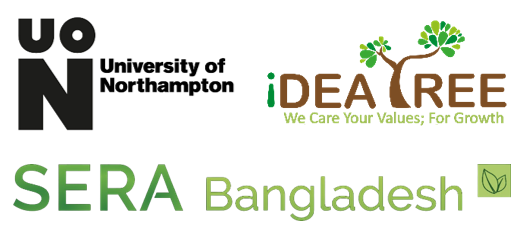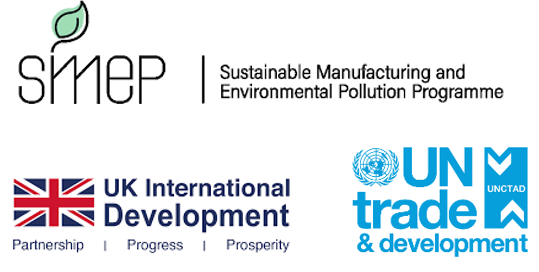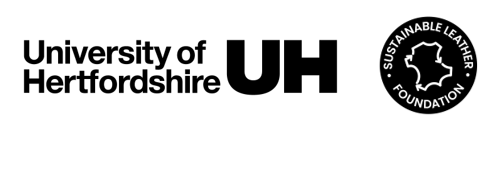
Date: Thursday, 14 November 2024;
Time: 05:15pm-09:30pm
Venue: Ballroom (12th Floor), Dhaka Sheraton Hotel 44 Kemal Ataturk Avenue, Banani, Dhaka
The leather sector in Bangladesh is an important contributor to the national economy and the country’s second-largest source of foreign exchange. However, the industry is facing the significant challenge of reduced exports of finished leather products resulting from ongoing concerns about the environmental impacts associated with leather production. This project seeks to address these issues by developing and piloting a digitised traceability and environmental footprint system that will assist tanneries in Bangladesh to transition to more sustainable methods of production in their manufacturing processes and thereby reduce the environmental pollution which results from those processes. In developing and piloting the above-mentioned systems, the project will also aim to enhance environmental and social accountability within the tannery sector and ensure compliance with global pollution and emissions reduction standards.
A further aim of the project is to align the production practices of tanneries with internationally accredited standards such as those set out by the Leather Working Group (LWG) and Sustainable Leather Foundation (SLF). In achieving this, the project consortium will leverage its extensive links with both the LWG and SLF and engage key stakeholders in the tannery sector, exporters, government bodies, and NGOs. To ensure tanneries and other stakeholders are well-positioned to use the traceability and environmental footprint systems, the project team will deliver a series of knowledge exchange sessions over the duration of the life of the project to provide the necessary information and skills development that stakeholders will need to use the systems effectively. The project’s impact will include reduced emissions and pollutants, adherence to international benchmarks, and the development of a sustainable model for leather that can be relied upon well into the future by the sector. To secure the long-term gains of the project, the project team will work with government policymakers in Bangladesh to propose a comprehensive policy framework for the tannery sector which will provide a strong policy support to facilitate and incentivise the uptake, financing and use of the traceability system by the tannery sector.
To achieve the project aims, the project team will apply an implementation strategy which encompasses the following four core components:


